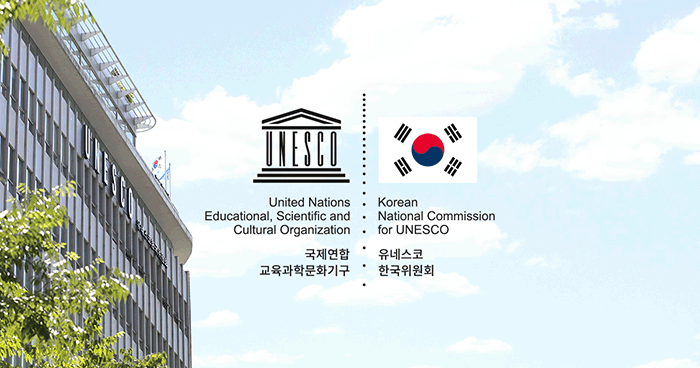News
| Six African Countries Reap the Harvest from the Seeds of Education |
|---|
| Date 2018-01-15 |
|
Six African Countries Reap the Harvest from the Seeds of Education - KNCU
Co-publishes the Bridge Africa Programme Monitoring Report 2018 with Six National
Commissions in Africa -
On
Dec. 27, 2017, the KNCU (Secretary-General Kwangho Kim) co-published the
English-language version of the Bridge Africa Programme Monitoring Report 2018,
together with the Botswana,
Lesotho, Malawi, Rwanda, Swaziland and Zambia National Commissions for UNESCO.
The
report includes the opinions of participants and
stakeholders in the Bridge Africa Programme and information about the qualitative
and quantitative achievements of the Programme, which was initiated by the KNCU
in 2010. Secretary General Kwangho Kim said he hoped that the report would
serve as a stepping stone for institutions and experts implementing Official
Development Assistance projects in the education sector, helping them to
establish better, more systematic indicators to evaluate the achievements of
their projects.
The
Bridge Africa Programme is designed to contribute to achievement of UN SDG 4, to
“ensure inclusive and equitable quality education and promote lifelong learning
opportunities for all.” This goal is one of the 17 Sustainable Development
Goals which global society aims to attain by the year 2030. The Programme focuses
on providing non-formal early childhood education (SDG Target 4.2), vocational skills
training (SDG Target 4.4), and literacy and numeracy education (SDG Target 4.6),
and aims to ensure that all its education is relevant to the individual circumstances
of the local communities it serves.
The
programme’s non-formal education is provided through locally-managed community
learning centers (CLCs). According to the report, there are five conditions to
making the strategic activities of the CLCs successful: - Strong
commitment and engagement of communities is a success factor in enhancing the
sustainability of educational activities at the CLCs. - The
impact of the CLCs on learners’ lives is greater when their education
programmes are aligned to national educational policies. - It
is important to have diversity in CLC education programmes to effectively
engage the entire community. - Promotion
by NatComs of intersectoral cooperation in project design and implementation is
important for enhancing the effectiveness of the project. - The
exchange of knowledge and experience among CLCs, as well as among partner
countries, helps to make the project more efficient and effective.
The report will be distributed to international organizations such as UNICEF and the World Bank, to domestic ODA organizations such as the Korea International Cooperation Agency, to researchers and to the general public. The Korean version of the report will be published in March.
|
| Prev | Korea-Japan Teachers’ Exchange Continues for its 18th Year |
|---|---|
| Next |



.png)



